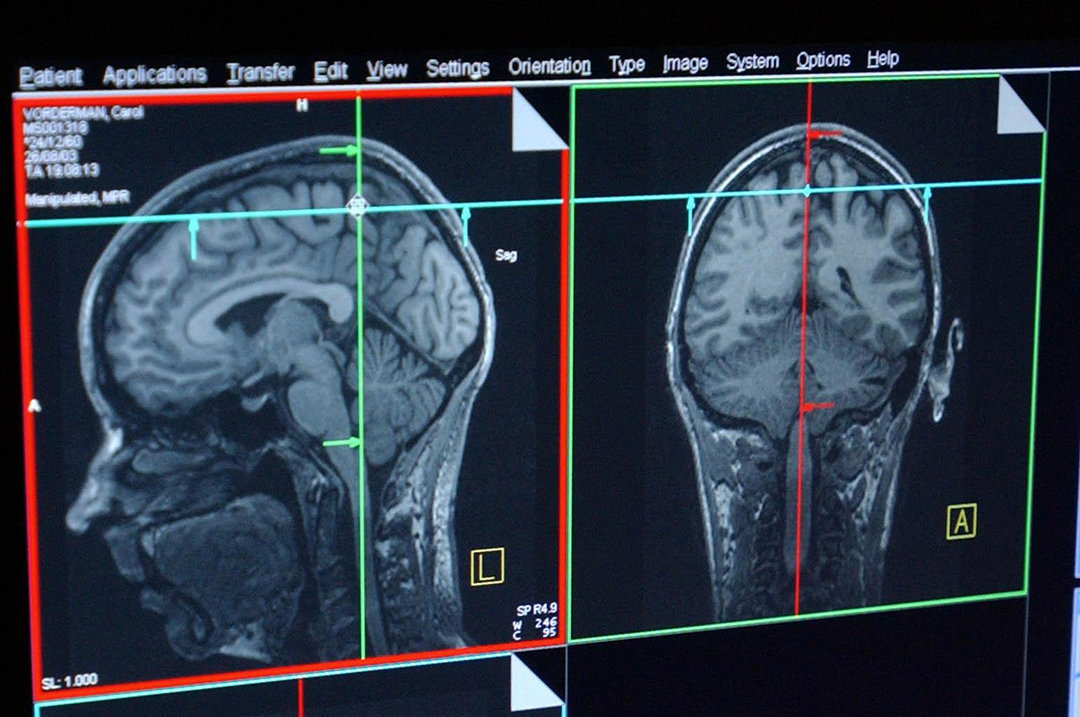For Millions, Brain Fog Can Be Part of Recovering from COVID-19
ADF STAFF
For millions of people, recovering from their initial COVID-19 infection is just the beginning. The months that follow can include a collection of debilitating health issues, including the condition known as “brain fog.”
While the name isn’t a medical term, brain fog comes with a mix of symptoms that affect someone’s ability to think clearly, make decisions, concentrate on tasks, and remember things.
Brain fog is part of the collection of post-infection symptoms that have become known as long COVID and can last for months after a person has recovered from the initial infection. Researchers estimate that about 43% of people who recover from COVID-19 will develop some form of long COVID. Memory problems, which are a feature of brain fog, are the second most commonly reported symptom of long COVID after general fatigue.
With nearly 11.2 million Africans having recovered from COVID-19, long COVID has the potential to remain a chronic, life-changing condition for millions of people across the continent.
An international study published in mid-2021 by The Lancet’s eClinicalMedicine journal looked at the impacts of long COVID on people experiencing it. Brain fog was a symptom for 85% of people in the study. Nearly 90% of people reporting brain fog said it affected their ability to do their jobs and carry on their daily lives.
About two-thirds of those reported developing brain fog in the three months after they recovered from their COVID-19 infection. More than half reported brain fog symptoms seven months after recovering from their initial infection.
MRIs scans of the study subjects’ brains show nothing amiss in 87% of cases — a factor that has caused some doctors to dismiss long COVID symptoms as psychological instead of physical.
A 2022 study of long COVID found that symptoms such as brain fog can persist for up to 15 months.
With that in mind, researchers suggest people dealing with brain fog after their COVID-19 infection take steps to alleviate the difficulties the condition creates. Some of the adaptations to consider are:
- Plan the day and create a routine.
- Go slow to avoid triggering fatigue or exhaustion.
- Stay active — exercise increases oxygen flow to the brain and improves overall health.
- Eat well with a focus on foods that fight inflammation.
The exact cause of brain fog and other long COVID symptoms remains unclear.
One study by the U.S. National Institutes of Health found the body’s immune response to COVID-19 damaged blood vessels feeding the brain, producing blood leaks, clots and other complications.
South African researcher Resia Pretorius, a professor of physiological sciences at Stellenbosch University, believes she may have found the cause of brain fog and other long COVID complications: microscopic blood clots.
“(I)f these microclots are in circulation, it damages the vasculature, or your blood vessels,” Pretorius told National Public Radio. That, in turn, blocks oxygen from reaching cells in the body and brain.
“And that can be linked to all the lingering symptoms that have been noted in Long COVID,” Pretorius said.
By identifying the microclots as a likely cause of long COVID, Pretorius’s research gives doctors an important tool to help their patients complaining of long COVID, which often produces no indications in lab tests.
“Just because we do not yet have an easy, available diagnostic marker for long COVID does not mean that the disease does not exist,” Pretorius said.


Comments are closed.